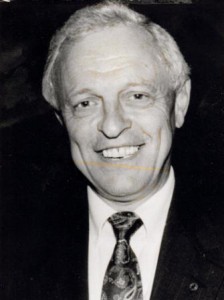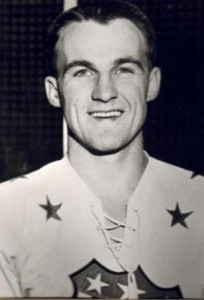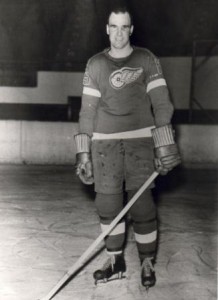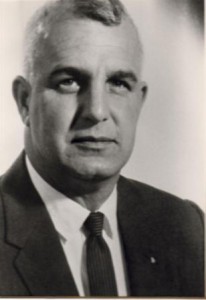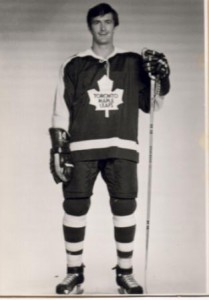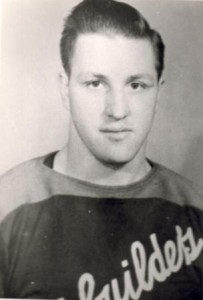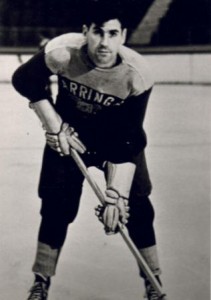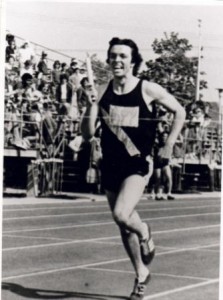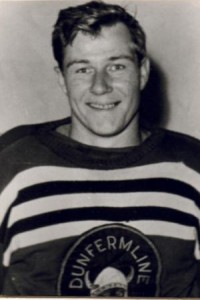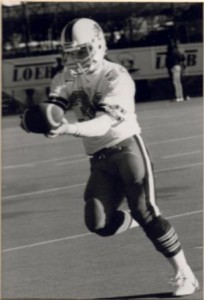 Scott was born in Staten Island, New York, U.S.A., December 9, 1964, and at the time of his 1992 election to the Hall he was living in Collingwood.
Scott was born in Staten Island, New York, U.S.A., December 9, 1964, and at the time of his 1992 election to the Hall he was living in Collingwood.
Following his schooling in Collingwood and Cameron Street Public School, Collingwood Collegiate Institute and at the University of Guelph, football
became his life.
A summary of his playing career is seen in the following:
– 1979-1982 -Played football, and other sports, at Collingwood Collegiate Institute
-1979-80 Scott was the junior boys’ athlete of the year at Collingwood Collegiate
Institute
-1980 He was the MVP on the CCI junior football team and played on the midget
basketball team.
– 1982-MVP senior football at CCI and winner of the Robertson-Titus Football
Award.
– 1982-83-Competed in track and field and as of his induction to the Hall of Fame
still held five records in that sport at Collingwood Collegiate Institute.
-Played football at the University of Guelph 1983-1985
– 1983 –was named the University of Guelph’s ‘Rookie of the Year’
-1984 – Played with the Ottawa Schooners Junior Football Club and won the Canadian Championships.
-Member of the Canadian Football League’s B.C. Lions 1986-1989
– 1986-Scott was named the B.C. Lions ‘Rookie of the Year’
-In 1986, in his starting game with the Lions, he played slotback and scored a
touchdown
-In 1988 he helped take the Lions to the Western Conference Finals and played as the starting slotback in the Grey Cup contest played in Ottawa.
Scott was inducted into the Sports Hall of Fame on Junes 20, 1992, in the Players’
category.

